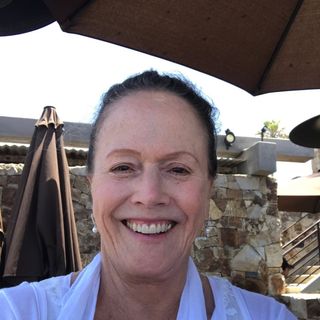Do you ever ask yourself any of the following questions?
- Why can’t I use my time wisely?
- Why don’t I do what I tell myself to do?
- Why am I always so disorganized? I have such good intentions.
- Why don’t I keep my promises?
- Why do I procrastinate when I have to get things done?
- Why do I feel like such a failure when I know I’m smart?
- Why do I have difficulty handling frustration?
The short answer to the above questions is that you may be struggling because your executive skills, which allow us to be successful, may need external support. Think of your executive function skills as a conductor in your head that is orchestrating and managing everything for you in order to get things done effectively and efficiently. Coaching is often required to explicitly teach these skills and scaffold strategies in a structured manner.
You are not alone. Chances are, you’ve struggled with finding the answers for a long time. You probably feel pretty discouraged and feel you have a lot of character flaws. You don’t know what you don’t know. I am here to inform you that obstacles are design flaws, not character flaws.
To teach time tools and strategies in my coaching practice, I draw from the ideas taught in the Teaching Seeing My Time® course, authored by Marydee Sklar. Executive Functioning Success works to relieve the pain caused by poor time management, planning, and organization—key executive functions of the brain.
I do understand how you feel and have compassion for you. We ourselves have found sustainable solutions to the challenges noted above. In my practice, I have found Marydee’s work to be an important resource to draw from.
Executive function skills are the brain-based processes we use to control our thoughts, actions, and feelings. They predict achievement and well-being, and we can nurture them in children starting in infancy. This talk uses a simple tree metaphor to demonstrate how we can tend to reflect and executive function skills in early childhood from the roots up, setting all children up for success. Many of us adults need to set ourselves up for success by starting where we are now and changing the ending.


